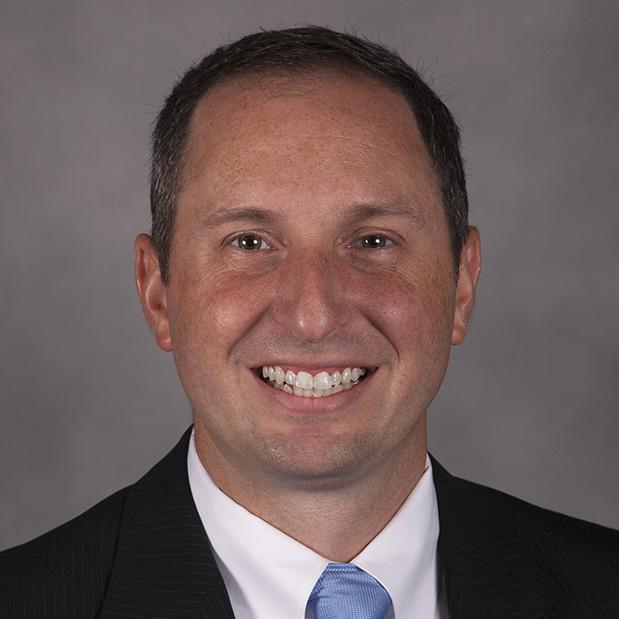
The finalists for WashingtonExec’s Chief Officer Awards were announced March 17, and we’ll be highlighting some of them until the event takes place live, in-person May 10.
Next is Chief Technology Officer finalist in the Public Company category Doug Jones, deputy CTO of Leidos. Here, he talks career turning points, proud career moments, career advice and more.
What was a turning point or inflection point in your career?
In 2019, I helped lead the solutions for the NASA NEST ($2.5 billion) and DISA GSMO II ($6.5 billion) captures. As part of those solutions and the Navy NGEN capture, we started creating a large number of synergies around digital modernization solutions and approaches at Leidos. As we were awaiting the awards, the leadership team realized we needed to capitalize on the energy and collaboration the teams had created and decided to create a new organizational construct called an Accelerator.
Leidos is organized by customer and the Accelerator was a cross-cutting technology organization focused on solutions, partnerships, and R&D. I was the founder and first lead for the Accelerator and was promoted to Vice President.
This role put me in front of the CEO and board of Leidos, in front of every group and operation, and in front of customers across the federal government, the U.K. and Australia, and even commercial energy.
During this time, Leidos saw unprecedented growth in digital modernization with over $30 billion in wins. It was exciting to be part of building something new and transformative for the company. We even began to incubate similar approaches for cyber and software before standing up full accelerators in AI/ML, cyber and software.
I owe a lot to the leadership team that collaborated with me on the idea and trusted me to lead it and to the team of amazing engineers, technologists, solution architects and BD partners that worked with me to grow it into the success it is today.
What’s the biggest professional risk you’ve ever taken?
In 2014 I was coming off of running a successful delivery of a large system for the FBI and was looking for the next program management job at Lockheed Martin, when I got a call from my vice president asking me to take over a cloud portfolio that was losing money and determine where we should take it. Because the FBI system we build was so big, it was basically a large private cloud.
I ended up saying yes and it got me into the early days of government cloud work and AWS which led me to getting involved in DevOps and IT modernization.
Up until then, I had been focused on red program recovery of large software modernization programs and now I had to be the cloud and DevOps “thought leader” at Lockheed Martin IS&GS. It was risky because it had a bullseye on it to cut our losses and move on, but I had the charge to turn it into something impactful.
It ended up being key to my career, transitioning from program management/P&L leadership role to a more technology focused career path.
Looking back at your career, what are you most proud of?
Doing jobs that matter and growing the next generation of leaders. Early in my career I built a lot of systems for law enforcement and one of the most impactful was modernizing the FBI’s fingerprint and biometric system. Seeing how it was used to catch criminals we would have missed with the old system and solving cold cases that sometimes 30 years old still makes me proud.
After that, being able to support NASA, defend DHS from cyber-attacks, support the Intelligence community, and most recently, improving the safety and effectiveness of the warfighter through software, IT and autonomous platforms. It is a special feeling as you recruit and coach the next generation of leaders in this industry and watch them build and deliver impacts that make the world safer, healthier and more efficient.
What’s your best career advice for those who want to follow in your footsteps?
I would have to say I have three key pieces of advice I share with my proteges. First, don’t be afraid to take risks in your career. Some of the most important decisions I made in my career was taking jobs that were not the traditional next assignment, especially taking on troubled programs or captures. These assignments build your skillsets in both the hard domain and technology areas, but more importantly experience in the soft skills.
Second, focus on doing your job and don’t worry about losing your job or getting the next job. Excel at your job and step into the problem areas that need to be addressed for success. If you are so worried about the next job that you aren’t focus on making a material difference then you will struggle to be great.
Third, be genuine and have empathy. Your team and your customer will know if you actually care about them, their success and their mission. If you truly do, you will know how best to position for success for everyone.

